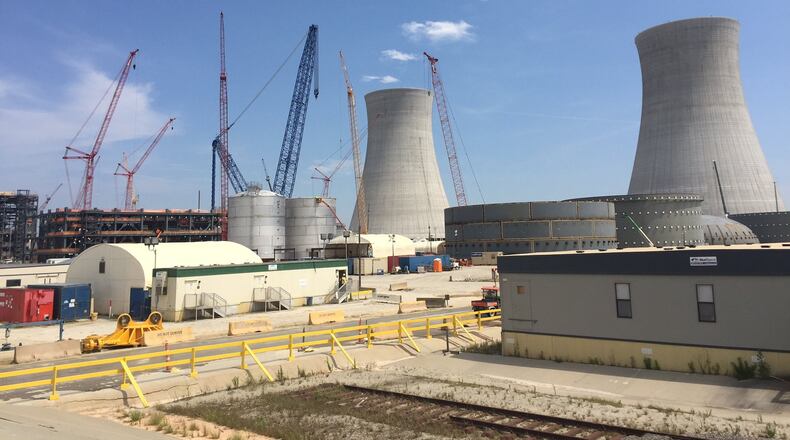Consumer advocacy groups in the state argue the extension of the nuclear production tax credits would not be necessary for Plant Vogtle had the project been completed on time.
Georgia Watch and the Southern Environmental Law Center said although the extension would provide ratepayers with much needed cost relief, Georgia Power continues to benefit from its mismanagement of the project.
“The federal action was only needed because the Vogtle expansion project fell so far behind schedule,” said Kurt Ebersbach, Senior Attorney with the Southern Environmental Law Center.
In its filing to the Public service Commission in August, Georgia Power had argued for the completion of the two nuclear units on the assumption that Congress would extend the Production Tax Credits deadline set for 2020, guaranteeting $800 million for the project.
This followed a new schedule the company provided to the commission, extending the completion date for both units to 2021 and 2022.
Following the vote early Friday, Georgia Power thanked state leaders for their support in pushing for language in the two-year budget agreement extending the credits, which the company says will "provide approximately $1 billion in benefits for Georgia Power customers."
“We are grateful to Sen. [Johnny] Isakson for his leadership on this issue, and to Sen. David Perdue and the entire Georgia delegation, for recognizing the importance of new nuclear generation and demonstrating renewed federal support for the Vogtle project,” said Paul Bowers, chairman, president and CEO of Georgia Power.
During the crucial December vote granting Georgia Power approval to keep contruction going, commissioners conditioned their approval to Congress's approval of the extension of the tax credits.
Tim Echols, PSC’s vice-chairman, also thanked Georgia senators for spearheading the efforts to extend the 2020 in-service deadline for nuclear facilities.
“Without these credits, our Vogtle project was in jeopardy,” said Echols in a written response.
Consumer advocates still believe Vogtle, the last new nuclear build in the country, will continue to burden the Georgia ratepayer, unless shareholders also take on the construction’s added costs.
“On the one hand, it’s a benefit for Georgia ratepayers but on the other it may unfortunately be another excuse to continue with an uneconomic project,” said Liz Coyle, the Executive Director of Georgia Watch.
Coyle says even with the extension of the tax credits, the project expected to be complete in 2022 will still be more expensive than other energy alternatives.
About the Author
Keep Reading
The Latest
Featured



